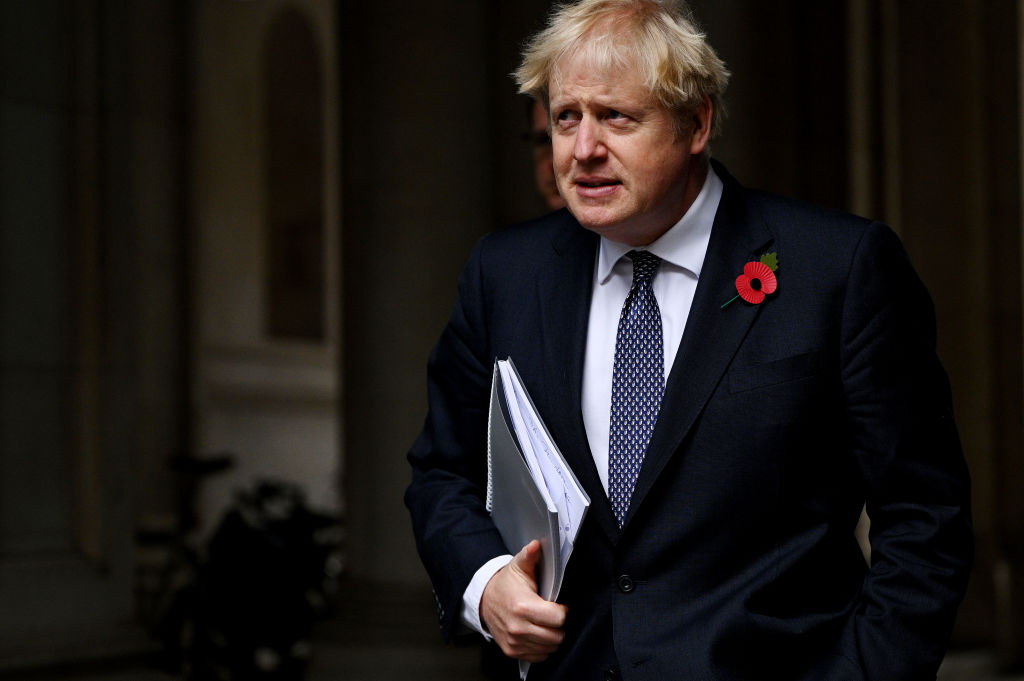When Boris Johnson addressed MPs this evening on a Zoom call ahead of the Commons vote on his new tier system, his message to would-be rebels was simple: the unity of the Tory party is important so don’t give Labour the satisfaction of seeing a disunited Conservative party.
Pointing to the light at the end of the tunnel when it comes to vaccines, he urged MPs to keep their eye on the prize – and used a car analogy to make his point. He likened the past few months of Covid restrictions to a six hour car journey, with everyone asking ‘when do we get there?’ But you do eventually get there, he said, so patience is needed.
However, this message appears to have fallen short when it comes to convincing his party to back him. This evening Johnson has faced his biggest Tory rebellion since winning a majority of 80 last December. While his new bolstered tier system comfortably won Commons approval at 291 ayes to 78 noes, 56 Tory MPs are estimated to have voted against and 17 to have abstained. This suggests a Tory rebellion, when combined, of around 73. Had Labour not abstained, this would be comfortably over the number needed to demolish Johnson’s majority of 80. The fact that Johnson had to rely on opposition support to get his plans through will not be lost on him.
Some in government, attempting to look on the bright side, believe that the rebellion could have been much worse – and that their efforts today to reduce the size of the revolt were fairly successful. They hope that with better party management going forward any future revolts can be reduced further. Johnson is reported to have tried to cajole MPs into the aye lobby when the voting began.
The challenge for the Prime Minister, however, is that future votes on these issues are likely to be harder to win colleagues round on. While Johnson told MPs tonight he would try and adopt a more localised approach from now on, ministers are more pessimistic – they believe we’re unlikely to see much relaxation of the tiers before February.







Comments